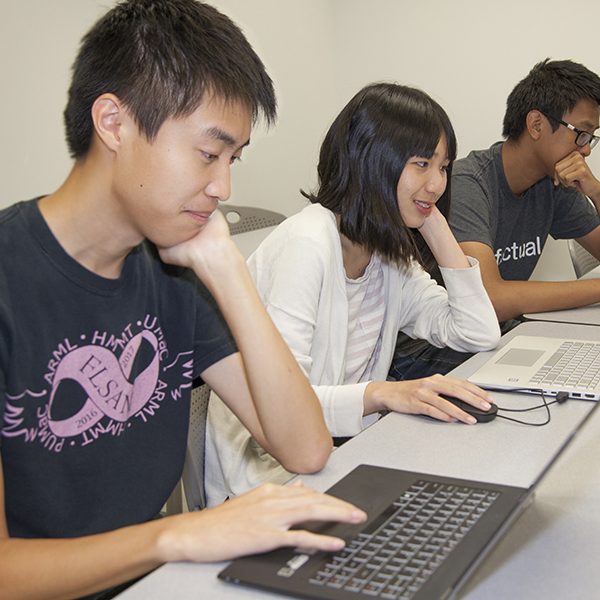

Several papers in the literature draw on larger samples of students in non-randomized settings and mitigate selection problems with various econometric methods.

One drawback of RCTs is that these studies are typically limited to a single college and often a single course within that college, so it is not clear if the results generalize to other contexts. The key to understanding this two-pronged effect is the counterfactual: When streamed lectures substitute for no attendance (e.g., if a student is ill), they can help students, but when streaming lectures substitute for in-person attendance, they can hurt students. The authors find that having access to a live-streamed lecture in addition to an in-person option improves the achievement of high-ability students, but lowers the achievement of low-ability students. (2021) also use an RCT to assess the effects of online lectures in a Swiss university. A follow-up survey of students’ experiences suggests that online students had trouble concentrating on their coursework and felt less connected to both their peers and instructors relative to their in-person peers.Ĭacault et al. Their work also confirms the results of previous papers, finding that the negative effect of online learning was driven by students with lower academic ability. They find that online education lowered a student’s final grade by about 0.2 standard deviations. The same instructors taught one online and one in-person economics class each, and all materials, exams, and assignments were otherwise identical, minimizing biases that otherwise stand in the way of true comparisons. When many colleges moved classes completely online or let students choose their own mode of instruction at the start of the pandemic, West Point economics professors arranged to randomly assign students to in-person or online modes of learning. Wong Friday, March 12, 2021Ī new paper by Kofoed and co-authors adds to this literature looking specifically at online learning during the COVID-19 pandemic in a novel context: the U.S. Negative effects of online course-taking were particularly pronounced for males and less-academically prepared students.ĭaphna Bassok, Lauren Bauer, Stephanie Riegg Cellini, Helen Shwe Hadani, Michael Hansen, Douglas N. Virtually all of these studies found that online instruction resulted in lower student performance relative to in-person instruction although in one case, students with hybrid instruction performed similarly to their in-person peers. Several pathbreaking studies were able to estimate causal impacts of performance on final exams or course grades in recent years.
#YOUNG SCHOLARS PROGRAM FSU BLACKBOARD TRIAL#
The most compelling studies of online education draw on a random assignment design (i.e., randomized control trial or RCT) to isolate the causal effect of online versus in-person learning. In addition, the content, instructor, assignments, and other course features might differ across online and in-person modes as well, which makes apples-to-apples comparisons difficult. That is, differences in the characteristics of students themselves may drive differences in the outcome measures we observe that are unrelated to the mode of instruction. A key concern in this literature is that students typically self-select into online or in-person programs or courses, confounding estimates of student outcomes. Evaluating online instruction in higher educationĪ number of studies have assessed online versus in-person learning at the college level in recent years. This post discusses this new evidence and its implications for the upcoming academic year. However, a few new studies point to some positive effects of online learning, too. New evidence from 2020 also suggests that the switch to online course-taking in the pandemic led to declines in course completion. The negative effects of online course-taking are particularly pronounced for less-academically prepared students and for students pursuing bachelor’s degrees. The results are generally consistent with past research: Online coursework generally yields worse student performance than in-person coursework. Several new papers shed light on these issues, building on previous work in higher education and assessing the efficacy of online education in new contexts. What can we expect from the move to virtual learning? How does virtual learning impact student outcomes? And how does it compare to in-person instruction at the postsecondary level? Yet, we may have reason to be concerned about postsecondary students too. Public attention has largely focused on the learning losses of K-12 students who shifted online during the pandemic.


 0 kommentar(er)
0 kommentar(er)
